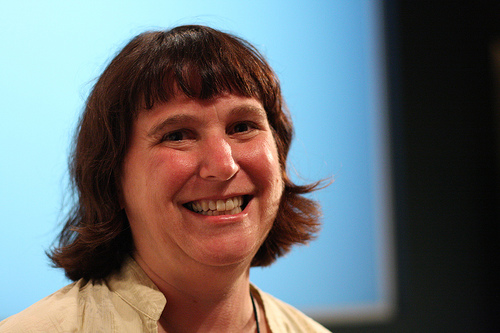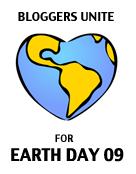You may have noticed that I haven’t been posting here quite as often. Part of the reason for this is that I’ve been writing for a few different places over the past few months. I highlight some of the posts below:
 Private and Public Sectors Address Digital Literacy
Private and Public Sectors Address Digital Literacy
[On IQ Solutions’ Blog] On January 18, 2011, the Federal Communications Commission (FCC) and the U.S. Department of Justice (DOJ) approved the $30 billion joint venture between Comcast and NBC Universal. Only one of the five FCC commissioners dissented-allowing the deal to pass and giving Comcast unprecedented control over both content and syndication. Arguments over media consolidation aside, the deal comes with some fine print that caught our attention: Comcast claims to focus energy on digital literacy and providing broadband access in low-income communities.
Read More.
- Have Questions, Not Answers for 2011
[On Care2’s frogloop Blog] In the nonprofit arena, the word “marketing” can have a bad rap. But you can help change that–and with good reason. Marketing, in particular, social marketing can make all the difference in your organization’s work come 2011. Read More.
- In Review, the mHealth Attendee Gaining in Notoriety
[On Pulse + Signal] This week’s mHealth Summit in Washington D.C rolled out the red carpet for some of the world’s top innovators including Ted Turner, Bill Gates, U.S. CTO Aneesh Chopra and over 2,000 participants from 30 countries. It was a learning hub and feeding ground for those in government, NGOs, research, technology, policy and business. But there’s one attendee I spotted throughout the conference that gained in notoriety and demand—behavior change.
Read More.
Hopefully, I’ll be back here posting more regularly again soon. However, I’m now starting to understand why, when I tell people that I blog, they ask me: How do you find the time? Well, as you can see, that’s been a bit of a struggle lately. Never fear though–something it always in the works. Until next time, Alex.
flickr credit: Leonard John Matthews








